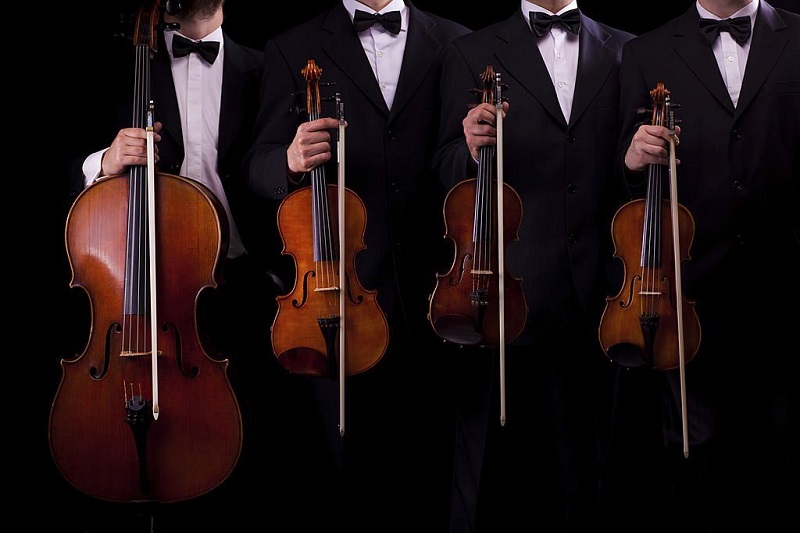
As the curtains rise and the lights dim, the audience eagerly awaits the start of the string quartet performance. The anticipation and excitement are palpable as the musicians take their places, ready to embark on a sentimental journey through the Elegy of Farewell. This piece, both haunting and beautiful in its own right, evokes a sense of nostalgia and longing as the musicians expertly weave a story of love, loss, and ultimately, acceptance. In this article, we’ll explore the intricacies of a sentimental string quartet performance, delving into the depths of musical interpretation, expressiveness, and transitions that make this type of performance so enchanting.
Reflecting on Farewell
The Elegy of Farewell is a piece that reflects on the inevitable farewell that comes with life’s transitions. As the members of the string quartet pour their hearts and souls into the performance, the audience is taken on an emotional rollercoaster, feeling the pain and sorrow of parting ways with loved ones. The piece serves as a poignant reminder that life is fleeting and that it is essential to cherish the moments and people that make it worthwhile.
The Elegy of Farewell is a perfect example of how music can evoke powerful emotions and transport listeners to another time and place. Through its delicate melodies and stirring harmonies, the piece captures the essence of what it means to say goodbye and the turmoil of emotions that come with it.
Musical Interpretation and Expressiveness
A sentimental string quartet performance requires outstanding skill and artistry from the musicians involved. In the Elegy of Farewell, the musicians must expertly navigate between the contrasting moods of the piece, capturing the varying emotions and showcasing their individual talents.
Each member of the string quartet has a crucial role to play in creating a cohesive and expressive performance. The first violinist often carries the main melody, setting the tone for the rest of the ensemble. The second violinist provides harmony and depth, while the violist and cellist supply the rich, resonant undertones that give the piece its emotional weight.
The musicians must also display excellent technique and control, as the Elegy of Farewell contains many intricate passages that demand precision and finesse. The musicians’ ability to convey the emotional depth of the piece through their playing is paramount, as it allows the audience to connect with the music on a personal level.

Musical Transitions and Narrative
The Elegy of Farewell tells a story through its musical transitions, taking the listener on a journey through the various stages of grief and ultimately, acceptance. The piece begins with a somber, introspective melody that evokes a sense of loss and sadness. As the piece progresses, the mood shifts to one of anger and frustration, as the musicians play with increased intensity and passion.
The climax of the piece arrives as the emotions reach a fever pitch, with the musicians playing in a whirlwind of sound and fury. Eventually, however, the storm subsides, and the piece transitions to a more peaceful, reflective section. This final movement serves as a resolution and brings the listener full circle, as the musicians play a tender, heartfelt melody that offers a sense of closure and hope.
The musical transitions in the Elegy of Farewell are a critical component of the piece’s narrative structure, as they guide the listener through the various stages of the emotional journey. By expertly navigating these transitions, the string quartet brings the story to life, allowing the audience to experience the full range of emotions that come with saying goodbye.
Conclusion
The Elegy of Farewell is a testament to the power of music to evoke emotion and tell a story. Through their expert interpretation and expressive playing, the members of the string quartet bring this sentimental piece to life, taking the listener on an emotional journey through the complexities of love, loss, and acceptance.
A sentimental string quartet performance is a unique and powerful experience, one that lingers in the hearts and minds of the audience long after the final notes have been played. The Elegy of Farewell serves as an important reminder to cherish the time we have with our loved ones, as life is fleeting and filled with inevitable farewells.





